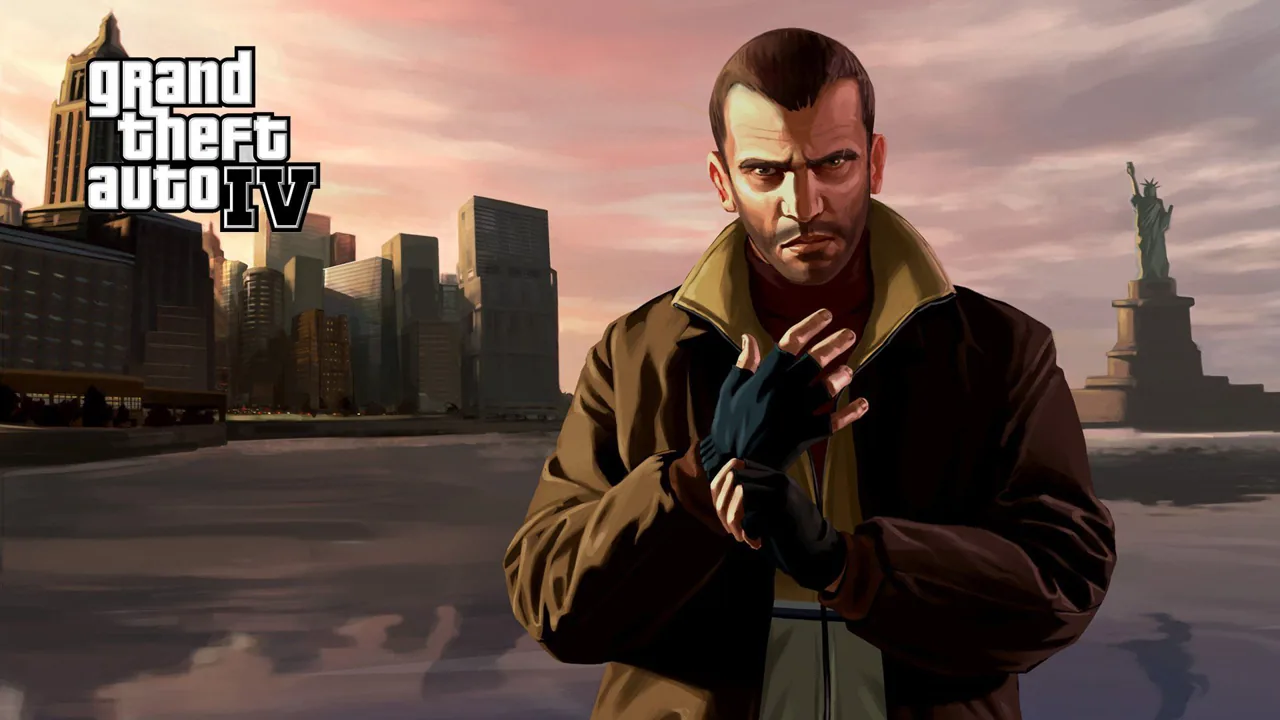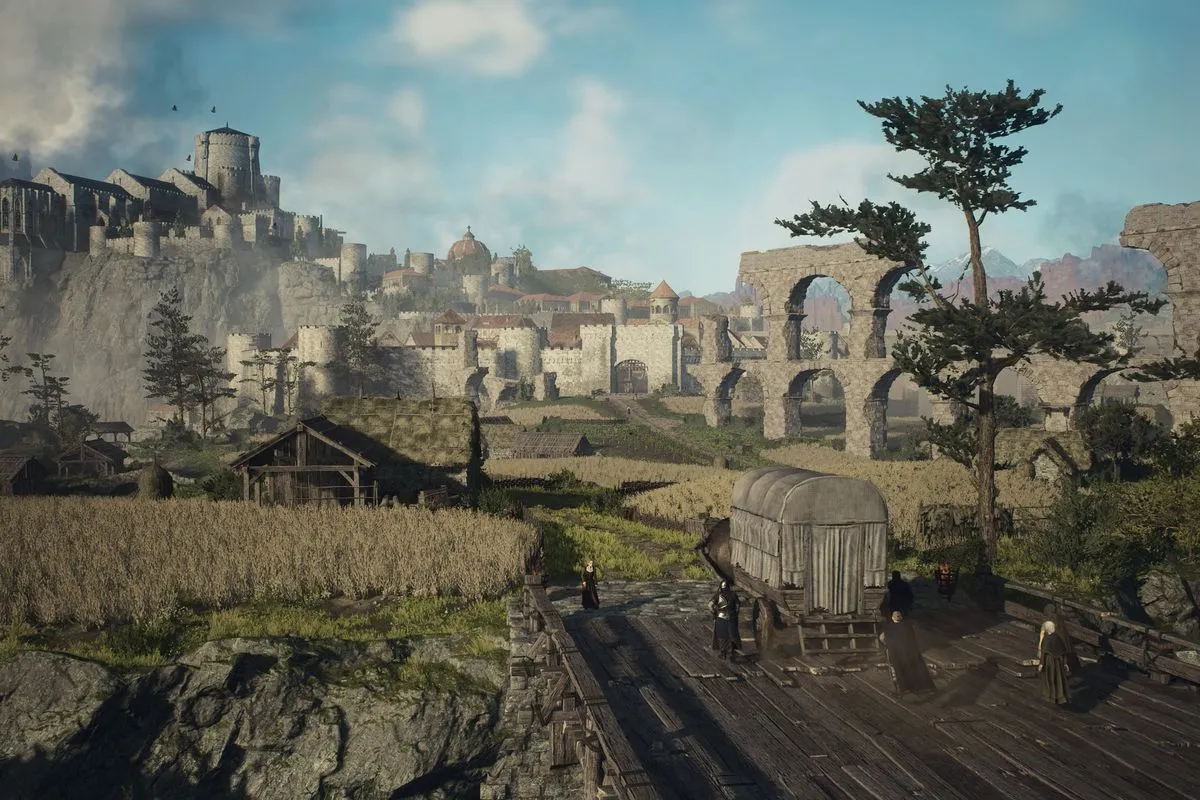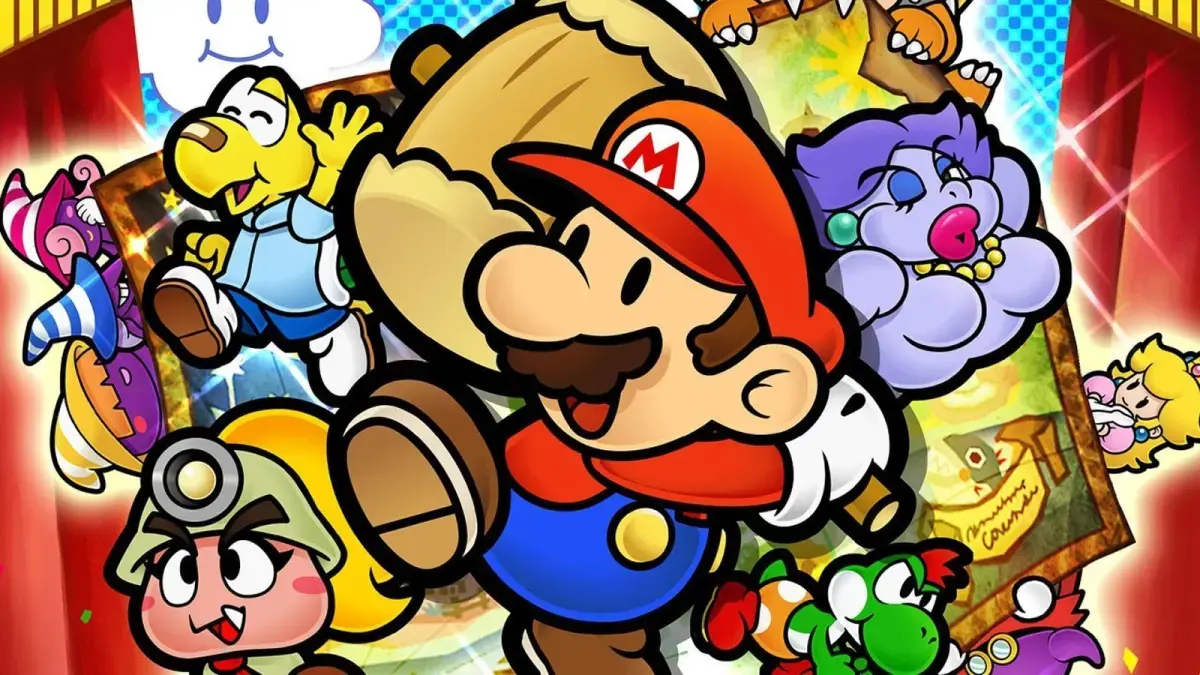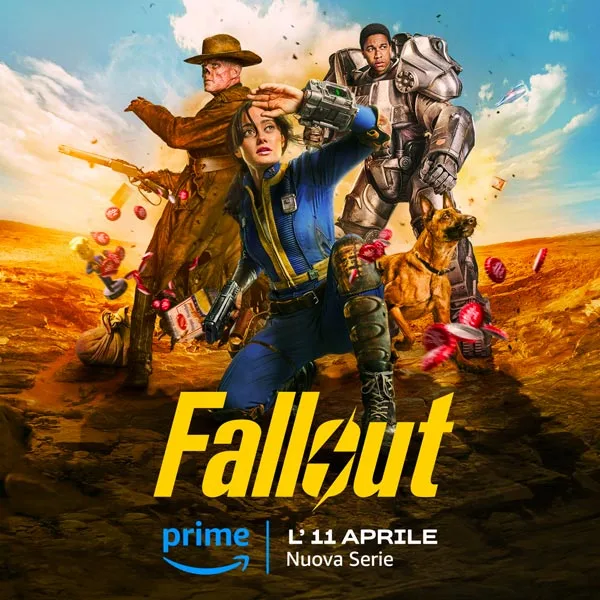Metaplace e altre storie : Intervista a Raph Koster
Raph Koster is (one of) the man behind Ultima Online. He’s the man behind the early success of SWG. And Now Raph is the man that will bring to us the next generation of virtual worlds. Metaplace is here to stay, and this is very comforting.
GS: We tested Metaplace for a long time and we can say it’s simply fantastic. Explain in a few words why Metaplace can be better than other virtual worlds. Which feature do you think will be the most appealing?
For at least 10 years, I have dreamed of creating a virtual world platform like this. Not until web technology really flowered in the last few years was it even possible.
The core of the idea for Metaplace is to enable anyone to have a virtual place of their own, for their own purposes. Users constantly surprise us with their creativity in designing worlds that allow for everything from political commentary to showcasing music. One world is a jewelry storefront as well as an interactive exploration of the Tarot. Another is an educational game built by middle-schoolers about wetlands reclamation. The countless ways in which users can have their vision realized through Metaplace is one of our greatest features.

GS: Do you think Metaplace will have a big boom or start slowly? Did you entrust a particular feature for this task?
Metaplace aims to gradually grow. We continue to add new features to steadily build our momentum.
One of the more recent additions, and a significant industry breakthrough, is the ability for any Metaplace user to easily embed their Metaplace world into any webpage. Now, they can add their own virtual world to a web page with the same ease as adding a YouTube video. This capability breaks down the remaining barriers between virtual worlds and the rest of the web, allowing worlds to be easily accessed and shared anywhere.
GS: Is there a big feature you will implement later that could significantly increase the quality of Metaplace?
My hope is that by democratizing the creation of virtual worlds, it will enable the medium to come into its full potential. Right now, they cost too much to make and are too hard to make, and so we only get to see what well-funded big companies create as opposed to what uses ordinary people would put them to.

GS: Compared to your previous works, how much are you satisfied of MP? Do you think MP will be your final creation? If not, what would you like to do after MP?
The many innovative ways users utilize Metaplace brings me great satisfaction. And because it’s user generated, the ferment of individual creativity we’re seeing is something you can’t get from video games.
I have many interests in many areas. I’m a musician and songwriter. I’m a poet. I am open to numerous possibilities.
GS: You gave to the MMO world (of developers … ) about everything it needed to create something special as videogames but overall as social entertaining tools. The market seemed to ignored you and turned MMOs in something really different. Do you still consider yourself and MP as a part of the MMOs world or virtual worlds are totally uninvolved on that? During MP development lot of Mmorpgs lacking of ideas came out, had you ever thought about coming back on MMOs and teach "how a game should be done?"
Though there is overlap between MMO and virtual worlds, the range of possibilities is much wider with virtual worlds. Metaplace strives to have its users create any world possible. It’s our hope that Metaplace can lead by example.

GS: Ultima Online, SWG, EQ II … What’s the best feature or content that you think to have created during all these years and the worst fail that you would avoid if you could come back to those days? Do you have any anecdotes to tell us about the development of these games?
A: My favorite features have been those that engaged users to be creative themselves, or create emergent behavior. That ranges from things like player housing in UO or even the amazing musician scene in Star Wars Galaxies, to
the way the economy worked in either one. Probably the things that I would count as the biggest failures would include the rampant PKing in early UO – never did fully crack player policing – and the lack of directed content in
SWG.
There are far too many anecdotes! One of my favorites from the UO days is the wisp language – I wrote a simple behavior that made wisps speak gibberish but occasionally repeat words back to you, and it led to many
people believing that there was actually a wisp language! Whole guilds formed around trying to figure it out, and it led to a lot of emergent fun…"
Thx to Raph for the interview.
,
Raph Koster non ha bisogno di presentazioni. Un pezzo (importante) della storia dei MMO, da Ultima Online, passando per Star Wars Galaxies fino ad arrivare all’attuale progetto Metaplace. Noi abbiamo avuto occasione di chiaccherare con lui a proposito del suo nuovo mondo virtuale.
GS: Abbiamo testato Metaplace a lungo e possiamo dire che è fantastico. Spiegaci in poche parole perchè potrà essere il miglior mondo virtuale finora realizzato. Quale caratteristica pensi sia la più attraente per il pubblico?
Per circa 10 anni ho sognato di creare una piattaforma virtuale come questa. Non è stato possibile farlo finchè la tecnologia degli ultimi anni non me ne ha dato la possibilità. L’idea base di Metaplace è rendere possibile a tutti di avere uno spazio virtuale personale, da usare interamente per i propri scopi. Gli utenti ci sorprendono continuamente con la loro creatività nel disegnare i mondi più svariati, dal commentatore politico fino allo showcase musicale. Un mondo può essere contemporaneamente la facciata di un negozio di gioielleria come un’esplorazione interattiva dei tarocchi. Un altro un gioco educativo realizzato da studenti sulla bonifica delle paludi. Le infinite vie attraverso le quali gli utenti vedono i loro sogni realizzati è la feature più importante di Metaplace.

GS: Pensi che Metaplace sarà un grande successo fin dall’inizio oppure avrà una partenza in sordina? C’è qualche feature in grado di far crescere prima il progetto?
Metaplace ha come obbiettivo di crescere gradualmente. Continueremo ad aggiungere nuove feature per tenere vivo e migliorare il nostro momentum. Una delle implementazioni recenti, e sicuramente un grado di conquistare il mercato, è la possibilità per ogni utente di integrare in modo facile il proprio mondo virtuale di Metaplace all’interno di una pagina web. Praticamente lo potranno fare con lo stesso procedimento usato ora per integrare un video di You Tube. Questa opzione fa cadere definitivamente le barriere fra i mondi virtuali e il resto di internet, consentendo loro di essere facilmente accessibili e condivisibili.
GS: C’è qualche caratteristica che sarà implementata in futuro che potrà aumentare ancora la qualità di Metaplace?
La mia speranza risiede nel fatto che la democratizzazione dei mondi virtuali li faccia arrivare a toccare il loro massimo potenziale. Ora come ora sono troppo costosi da fare ed anche troppo difficili da realizzare, e vediamo solo grandi compagnie che si cimentano nel progettarli, proprio l’opposto di quello che io voglio ottenere coinvolgendo la gente ordinaria nel crearli.

GS: In relazione ai tuoi precedenti lavori, quanto sei soddisfatto di Metaplace? Pensi che possa essere la tua creazione finale? Se no, cosa ti piacerebbe realizzare in seguito?
Le molte vie interattive attraverso le quali gli utenti possono usare Metaplace mi regalano grande soddisfazione. E siccome i mondi sono generati dagli stessi utenti, il fermento della creatività individuale che sto osservando è qualcosa che non puoi ottenere dai videogames. Comunque ho interessi in molti campi. Sono un musicista e un’autore di testi. Sono un poeta. Sono aperto a numerose possibilità.
GS: Hai donato al mondo degli sviluppatori MMO tutto quello che necessitava per creare qualcosa di speciale nel campo videoludico, eppure il mercato sembra ignorarti quando propone sempre i soliti stilemi stereotipati. Consideri Metaplace parte del mondo MMO o qualcosa di differente ?
Penso ci sia una sovrapposizione fra MMO e mondi virtuali, il range di possibilità è più ampio con questi ultimi. Metaplace mira a far sì che i suoi utenti realizzino ogni tipo di mondo fattibile. La nostra speranza è che Metaplace possa servire da esempio.

GS: Ultima Online, SWG, EQ II … Qual’è il contenuto che hai creato di cui sei più fiero e la cosa peggiore che hai fatto, che vorresti aver potuto evitare ? Hai anche aneddoti sullo sviluppo di questi giochi ?
Le mie feature preferite sono state quelle che coinvolgevano gli utenti ad essere creativi, o a creare desideri emergenti. Questo andava dall’housing di Ultima Online fino all’intrigante scena musicale di Star Wars Galaxies, senza dimenticare il modo in cui si sviluppava l’economia in entrambi i titoli. Probabilmente le cose che ho considerato come il più grande fallimento includono il PK rampante del primo Ultima Online – mai riusciti totalmente ad intervenire sulla sorveglianza dei player – e la mancanza di un certo tipo di contenuti in SWG. Per quanto riguarda gli aneddoti, ce ne sono talmente tanti ! Uno dei miei favoriti dai tempi di UO era il linguaggio dei wisp. Scrissi una semplice riga di programma che permetteva ai wisp di dire stupidaggini, ma occasionalmente venivano ripetute parole che si erano appena dette in chat tra i player e questo condusse le persone a pensare che esistesse veramente un linguaggio ben definito dei wisp ! Si formarono persino delle gilde che cercarono di comprenderlo e questo portò ad un sacco di divertimento …
Ringraziamo Raph Koster per l’intervista.





